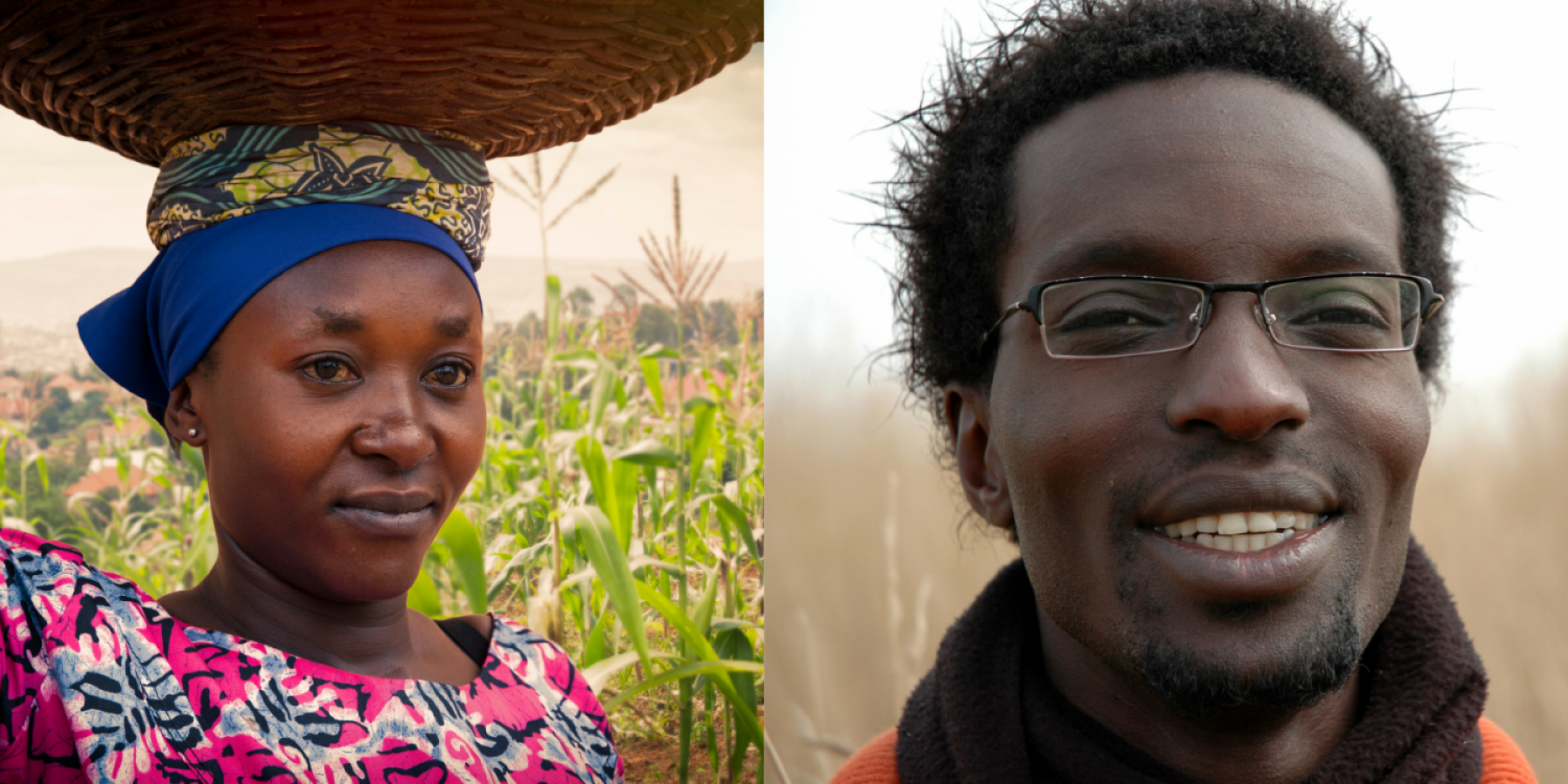Rwandans see a healthier future with National NCD Strategy
12th October 2021

12th October 2021
The Rwanda NCD Alliance, the national umbrella for civil society organisations working on NCDs, is among the partners committed to turn back this dangerous trend of rising NCDs and ensure a healthier future in Rwanda. With the official launch on 29 September 2021 by the Ministry of Health of the National Strategy and Costed Action Plan for Prevention and Control of Non-communicable Diseases, Rwanda has taken an important step in the prevention and control of NCDs. This Strategy is the result of multisectoral collaboration involving health experts and practitioners, government, and other stakeholders, as well as community members including people living with NCDs. With an “all-of-society” approach, it is expected to strengthen the existing decentralization and integration of NCD services as well as the Universal Health Coverage system, allowing care to reach individuals of all ages and in communities across the country.
The plan outlines how 358.15 billion RWF (more than 300 million euros) will be used over the next five years to guide action in tackling NCDs through four strategic objectives, each one with its expected outputs and measures to be tracked.
The first strategic objective is NCD prevention through health promotion and reduction of risk factors, which include unhealthy diets, physical inactivity, tobacco use, harmful use of alcohol, indoor pollution, occupational exposure to carcinogens, and infections leading to NCDs. Exposure to many of these risk factors begins in childhood, even in the intrauterine period. It is therefore vital that there is a good level of health literacy among the general population, so people can make healthy personal decisions. Health education programmes must be implemented beyond healthcare centres, in schools, workplaces and the community. The Government will also establish and strengthen policies and regulations addressing NCD risk factors.
The second objective is to strengthen health systems for quality NCD early detection, care and treatment at all levels. This involves early diagnosis through NCD screening programmes in communities, work places and health centres, as well as improved access to NCD medications, laboratory services, and technologies. It also includes capacity building of community health workers to help ensure that NCD care reaches all communities in Rwanda.
The third objective is to strengthen disease surveillance and research, alongside robust monitoring and evaluation systems, for evidence-based interventions. To achieve this, the Ministry of Health will strengthen the use of electronic medical record systems and disease registries. Surveillance systems for NCD risk factors will also be developed and implemented.
Finally, the fourth objective is to increase coordination mechanisms for the prevention and control of NCDs across sectors. This means establishing a high-level national multisectoral committee for NCDs, strengthening local and international partnerships, and developing public-private partnership projects.
“Investing now in prevention will lead to savings in the future, money that would otherwise have to be spent on treating Rwandans in advanced stages of cancer, diabetes and cardiovascular disease,” says Dr Daniel Ngamije, Minister of Health. “Responding to the challenges of rising NCDs in the country, the health sector alone cannot overcome it, but it requires a multisectoral action in the prevention and control of NCDs in the country.”
The strategic plan shows how a multisectoral approach, bringing sports, food and nutrition, trade, environment, education, and local government ministries together, as well as building the capacity of frontline health workers in villages across Rwanda, supports long-term investment for a healthier future.
According to Dr Sabin Nsanzimana, Director General of Rwanda Biomedical Centre, “This strategic plan is truly multisectoral, calling upon actors across government, private entities, civil society organisations and the population at large, to all play their role. It calls on all members of society to do their part in creating healthy communities.”
Dr Francois Uwinkindi, the NCD Manager at RBC underscored the need for “life course, human rights-based, equity-based, evidence-based approaches” that reach the entire population, and integration of NCD services into the existing primary health care system for the successful implementation of the strategic action plan.
The overarching goal of this plan is to reduce premature mortality from NCDs by 25 per cent, by 2025. It is an ambitious aim – but nothing can be more important for the wellbeing of our country and our people. We hope to see other countries in Africa and beyond implementing similar approaches – and soon. As the NCD epidemic continues to grow, there is no time to waste.
Professor Joseph Mucumbitsi is a founding member and Chair of the Rwanda NCD Alliance and Vice Chair of the East Africa NCD Alliance, both founded in 2016. Joseph has worked closely with the Ministry of Health and the Rwanda Biomedical Center on the National NCD policy, strategic plan and action plan, as well as the NCD protocols and treatment guidelines, as a member of the national NCD technical working group.